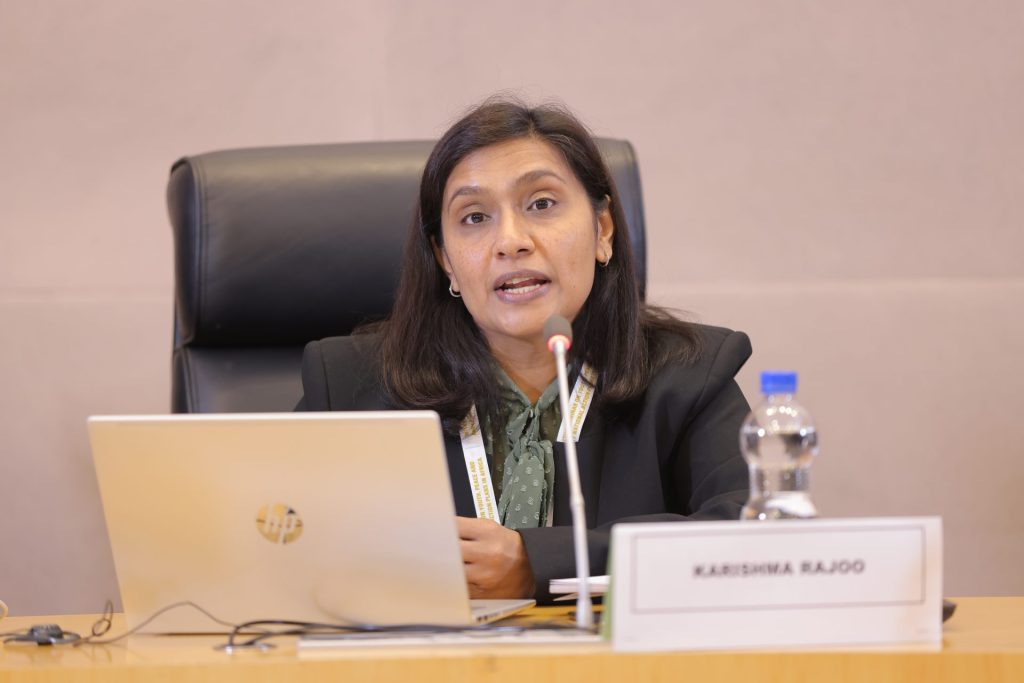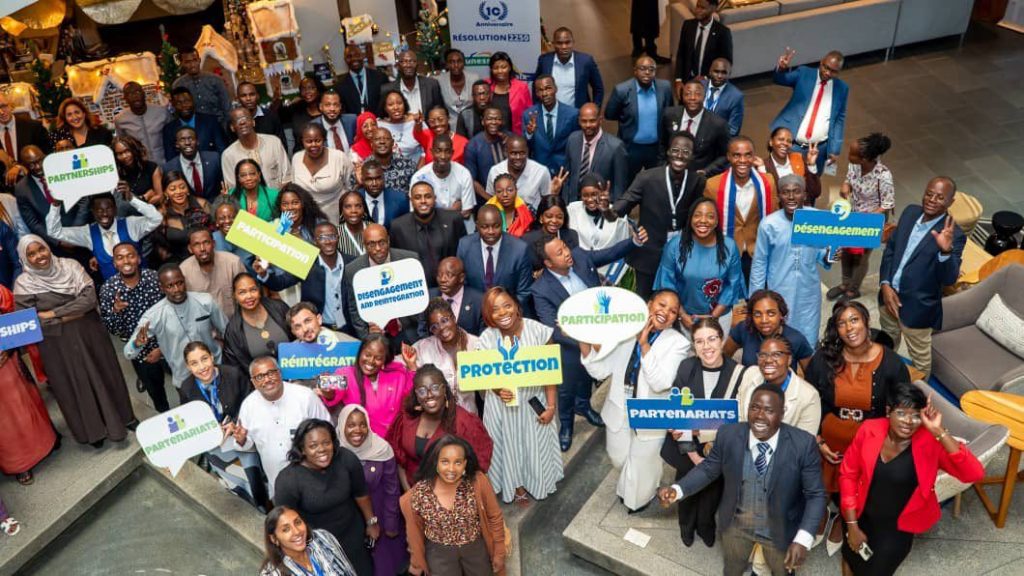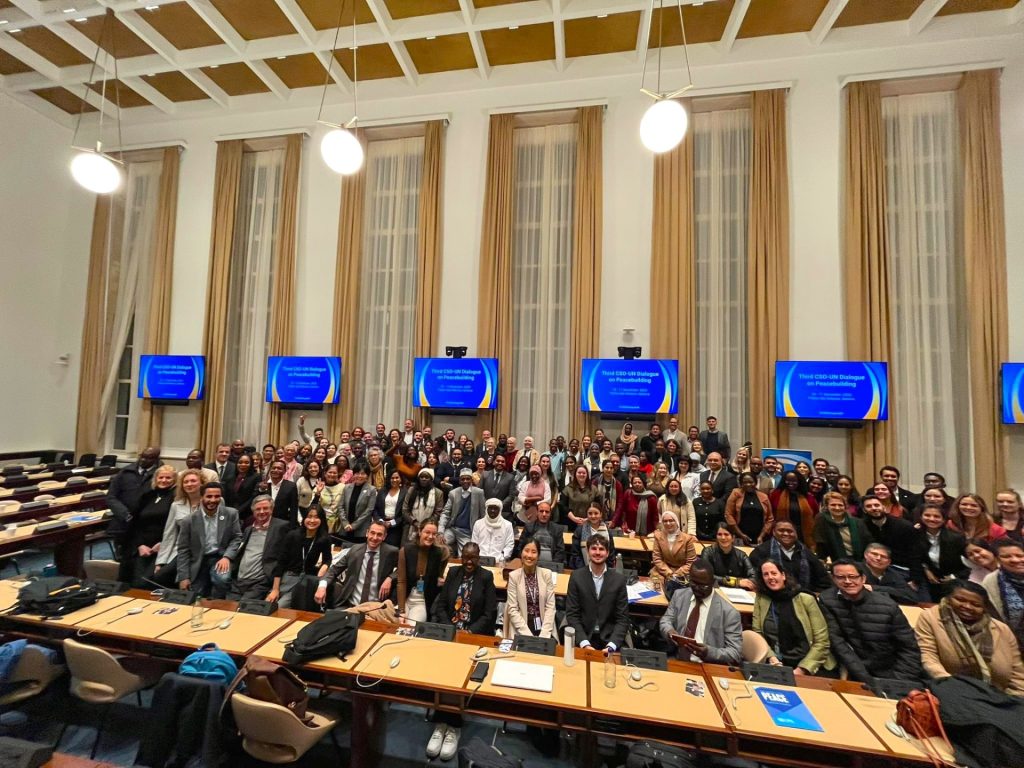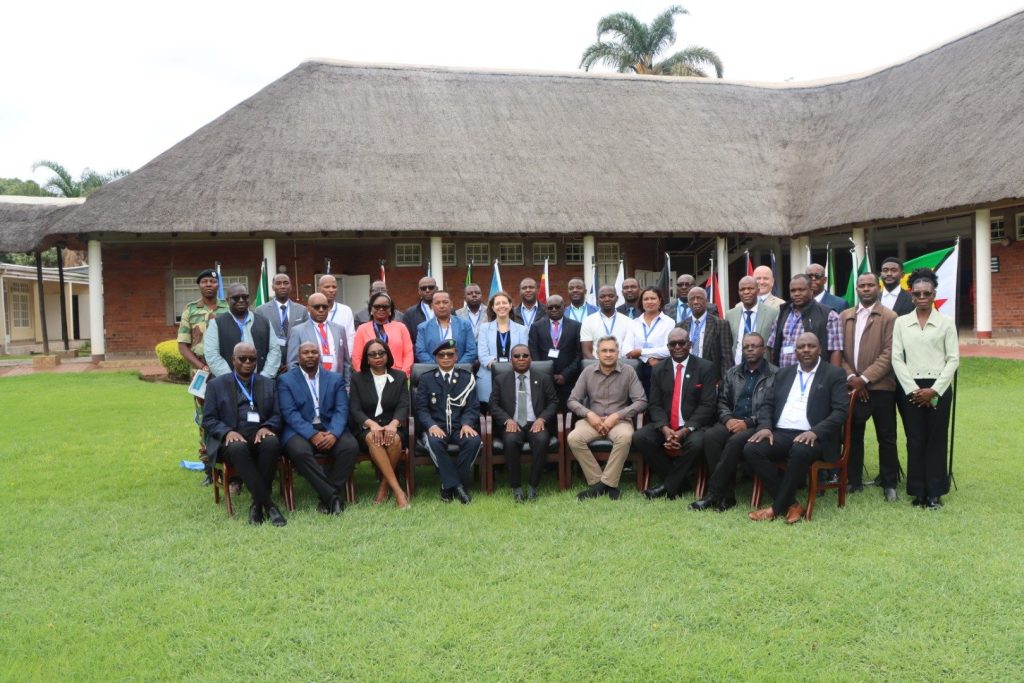On 11 November 2016, the Founder and Executive Director of ACCORD, Vasu Gounden, was invited to be a resource person at a Collaborative Leadership and Dialogue Training conducted by the United Nations Development Programme (UNDP). The Programme was held on 10-12 November 2016 in Lilongwe, Malawi.
Despite enjoying relative peace since independence in 1964, Malawi has a number of inherent conflicts that are political, economic and social in nature. Some have resulted in isolated cases of violence in the past, especially around elections. The current political, socio-economic and humanitarian stresses that Malawi is facing will require of its leadership across divides, the ability to work together to find solutions. Hence the need to work with various levels of leadership within the country to strengthen dialogue capacities and the collaborative aspect of leadership through Collaborative Leadership and Dialogue (CLD) Capacity enhancement trainings. Since 2012 the UN, under the Social Cohesion project, has supported the Government in the process to develop a National Peace Architecture (NPA) which has seen the establishment of three (3) pilot District Peace Committees (DPCs) and a final draft national peace policy awaiting cabinet approval. A full-fledged NPA mechanism is expected to be in place by end of 2018. The UN is also supporting the Public Affairs Committee (PAC), an interfaith organisation, as ‘insider mediators’, playing the roles of intermediaries between national leaders, and as advocates for peace and good governance. Hence the delegates who attended the training were drawn from the Government; the PAC; the NPA; and Civil Society.
Collaborative leadership embraces a process in which people with different views and perspectives come together, set aside narrow self-interests, and discuss issues openly and supportively in an attempt to find ways of helping each other solve a larger problem or achieve broader goals. It involves multiple stakeholders who share a common interest. The assumption is that when the right people with the right information engage in a constructive process they are more likely to overcome the challenges facing them than when they pursued competitive and confrontational strategies. The CLD concept is based on the premise that dialogue is distinctly different from debate and competition.
Mr Gounden was asked to lead the experience sharing exercise of the training by drawing from practical lessons learned from dialogue processes in other countries. He chose two case studies to use to do this – the South African Negotiated Experience and the Peace Process in Burundi. The presentations involved looking at best practices related to pre-dialogue; dialogue; and post-dialogue; as well as overcoming challenges related to confidence building, etc.
The objectives of the training were to create a platform where relationships of trust and mutual benefit could be built for national good; commence a national process to enhance collaborative leadership and dialogue skills; expand and sustain dialogue spaces through enabling appreciation of the value addition of dialogue, while enhancing capacities for effective dialogue; and to share experiences and develop a joint commitment to concrete actions that will enhance collaboration. It is expected that the training will contribute to strengthened national capacities and expanded spaces for dialogue and collaborative problem-solving.







